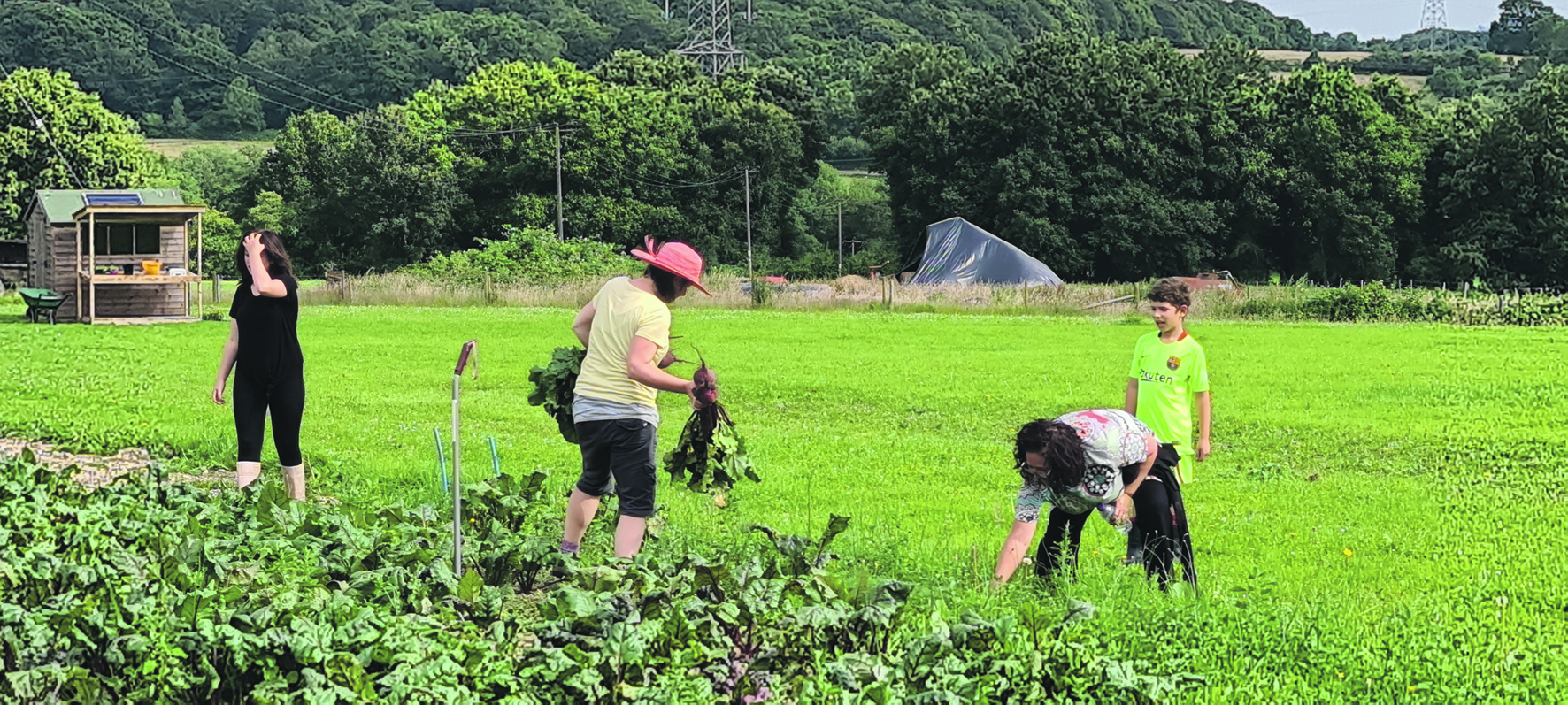Part 2: A practical response to the prophetic warning of economic collapse
The prophesied economic depression and food shortages are not years away now, but there is still time to get ready, and the Bible shows us how, says Chris Wickland
In the light of current inflation, war in Ukraine, Covid, 14 years of printing money (‘quantitative easing’), staggering worldwide debt, and poor crop yields from around the world, one doesn’t need to be a prophet to see that major troubles are on the horizon.
After receiving dreams and prophetic warnings about the time to come over the last 30 years, I (and others) have given warnings about economic collapse. It is not years away now; we are at the very beginning of economic depression. However, there is still some time to get ourselves ready.
“Please don’t fill the people with fear, Agabus. Can you only stick to the positive feel-good messages about how God loves us”

So how should the Church be responding to the prophetic words given about the economic depression? The New Testament gives an example in Acts 11:27-30: “During this time some prophets came down from Jerusalem to Antioch. One of them, named Agabus, stood up and through the Spirit predicted that a severe famine would spread over the entire Roman world. (This happened during the reign of Claudius.) The disciples, as each one was able, decided to provide help for the brothers and sisters living in Judea. This they did, sending their gift to the elders by Barnabas and Saul.”
So Agabus, under the prompting of the Holy Spirit, warned of a coming famine. That famine would have massive social, economic and political ramifications.
What is interesting is how the early Church responded to the prophetic word. Obviously it would have been first weighed and tested prior to any action being taken. The point to note here is that they did eventually take action and do something.
If Agabus stood up in today’s Church, let’s say at a charismatic convention and gave a similar word, I suspect he would be greeted with several possible scenarios, with which I am personally all too familiar.
- “We don’t believe predictive prophecy is for today, so please stick to the mandated ‘EEC’: encouragement, exhortation and consolation-type prophecy.”
- “Please don’t fill the people with fear, Agabus. Can you only stick to the positive feelgood messages about how God loves us and how without us, God wouldn’t know what to do with himself.”
- “Thanks, Agabus. Now let’s just rest in the fact that God supplies all our needs and God will just sort it out.”
Answer 3 is, I think, the most dangerous of all responses to prophetic messages. This is where people claim to have faith but have no intention of doing anything about the prophetic word given. This is super-spiritual Christianity and it’s very dangerous. It has the appearance of godliness but denies its power.
So how did the early Church respond to the message that Agabus brought? We can imply from the text that wisdom, care and attention was given to what the Spirit of God was saying through the prophet:
- They HEARD the word of God from the prophet
- They TESTED it
- They RECEIVED it
- They ACTED on the warning
We need to live by Kingdom, not Keynesian economics
They realised that God had warned his Church so they wouldn’t be caught unawares and thus could thrive during a great famine, not just survive. This Church didn’t respond in a super-spiritual way, but approached it very practically, like Joseph did in Genesis 41. Joseph interpreted Pharaoh’s dreams, then gave practical advice on how to remedy the effects of the famine to come. This is faith and works, not faith and denial.
As a community of believers we need to respond together, ie mass purchase of food and goods
Today we too need to respond to the prophetic warning to the Church that economic collapse is coming. Here’s how:
- Pray and test the prophetic word.
- If you do believe it’s from God then you need to act: everyone should store one to three months of food, bearing in mind you will probably have to share some of it.
- Realise you cannot do this alone. There is no room for the mindset of ‘me, myself, I and Jesus’. We need to operate as a community of believers and respond together, ie mass purchase of food, goods and clothing to help the church and the wider community.
Together we can give more, purchase stronger. Together we can pray harder and receive bigger answers. Together we can enable the Church to grow and thrive.
- We need to be preaching and teaching on faith and giving. Sowing is the essential first step to reaping, as I stated in my previous article. We need to live by Kingdom, not Keynesian economics.
- Be opportunistic. To survive financial famine we need to be expectant and believing for miracles. The world is going to be looking for help and answers. We can’t be seen to be undone and running around like headless chickens. We need to be in the place of shalom, under the shadow of his wings.
Next issue I will share some practical ways to help individuals and communities through the coming economic depression.
Chris Wickland is Senior Pastor of Living Word Church Network which has around 200 members in four churches around Fareham, Hampshire. The network is a HEART Partner Church – see the back page of this paper. He and his wife Tracey have five children.
Previous articles by Chris Wickland in this paper are a prophecy about the future of the UK Church and government (Feb/Mar 2022), how his church started cultivating an acre of farmland (Apr/May 2022), and ‘A Joseph generation’ (June/July 2022), warning to prepare for economic collapse.


